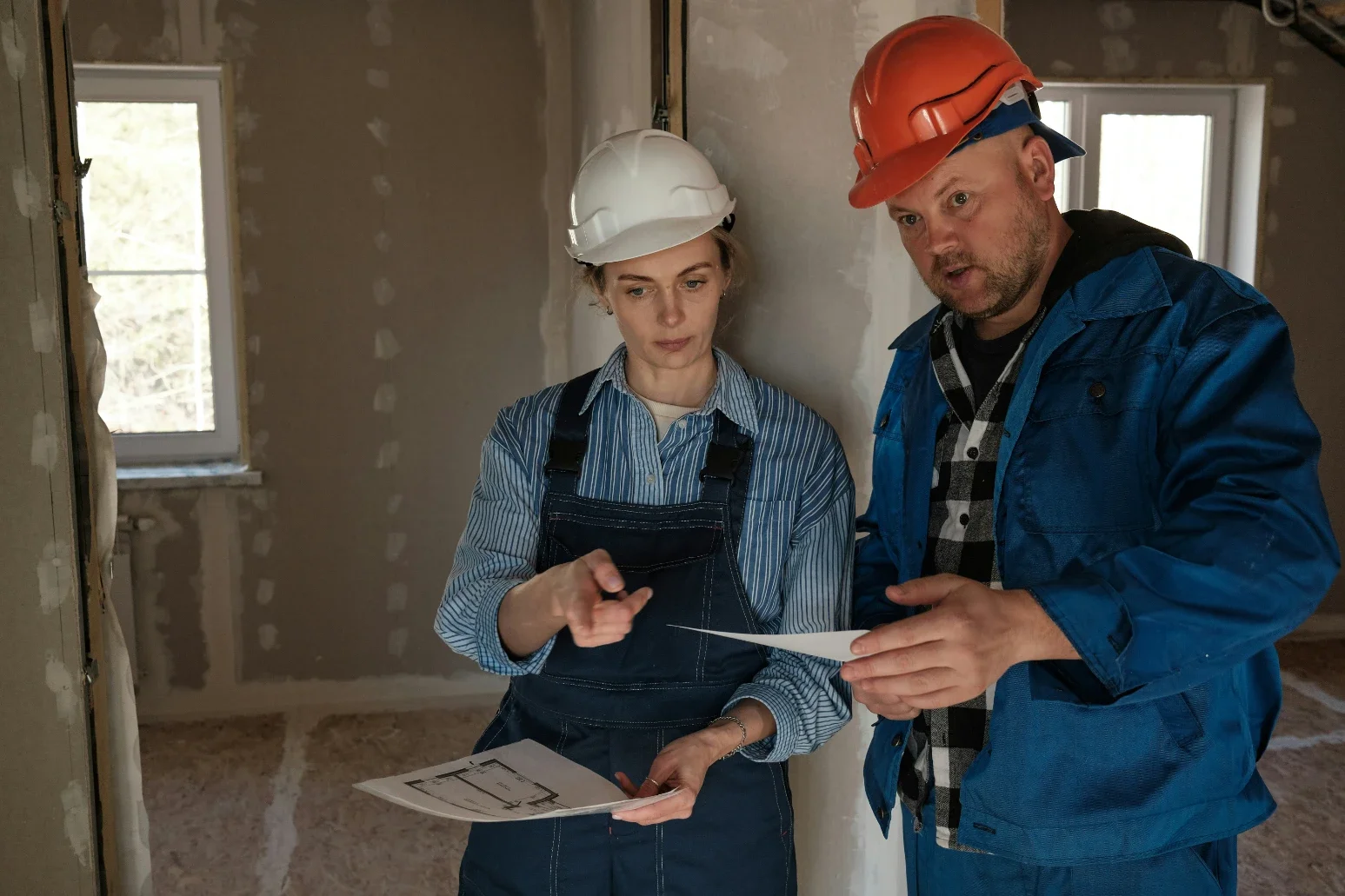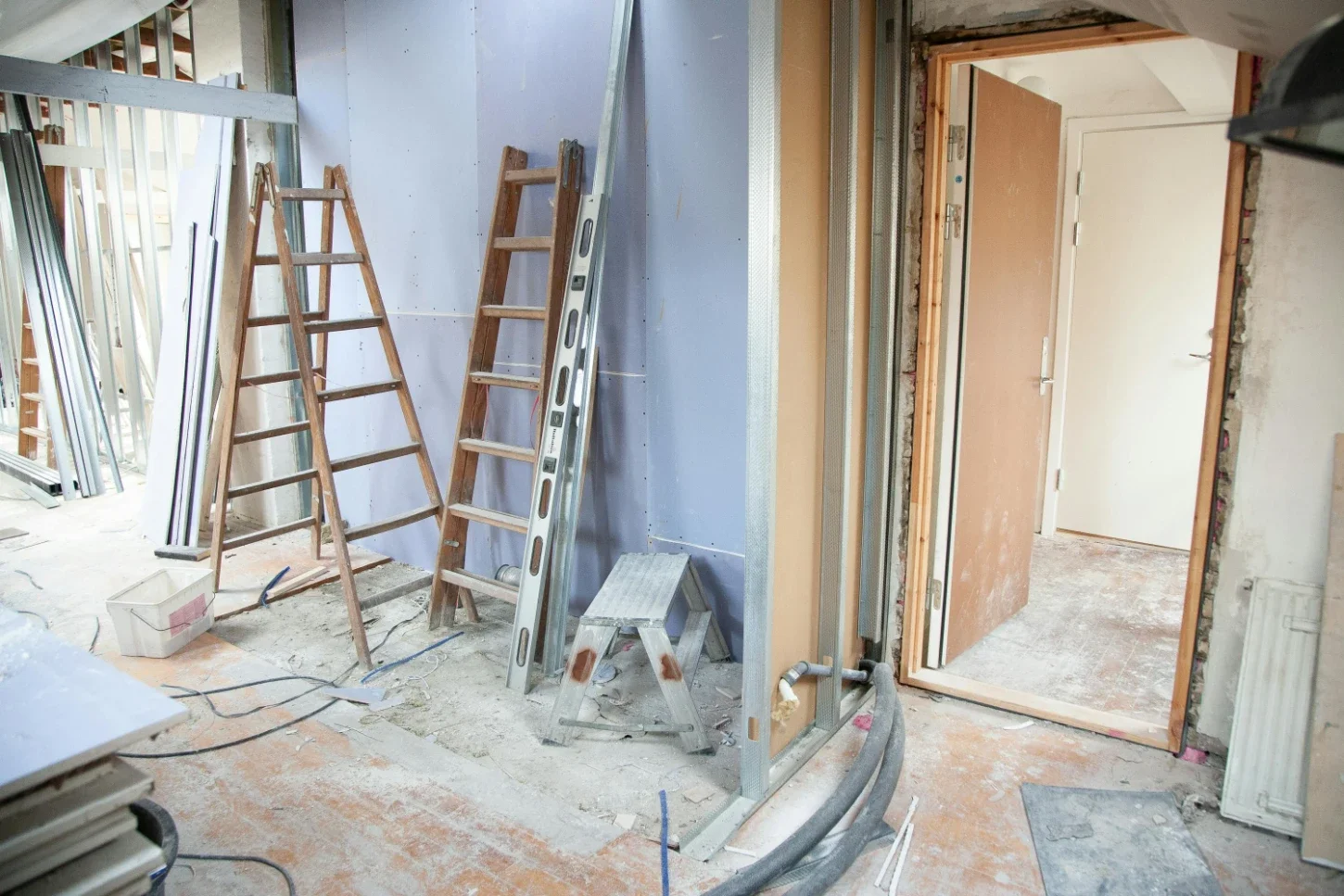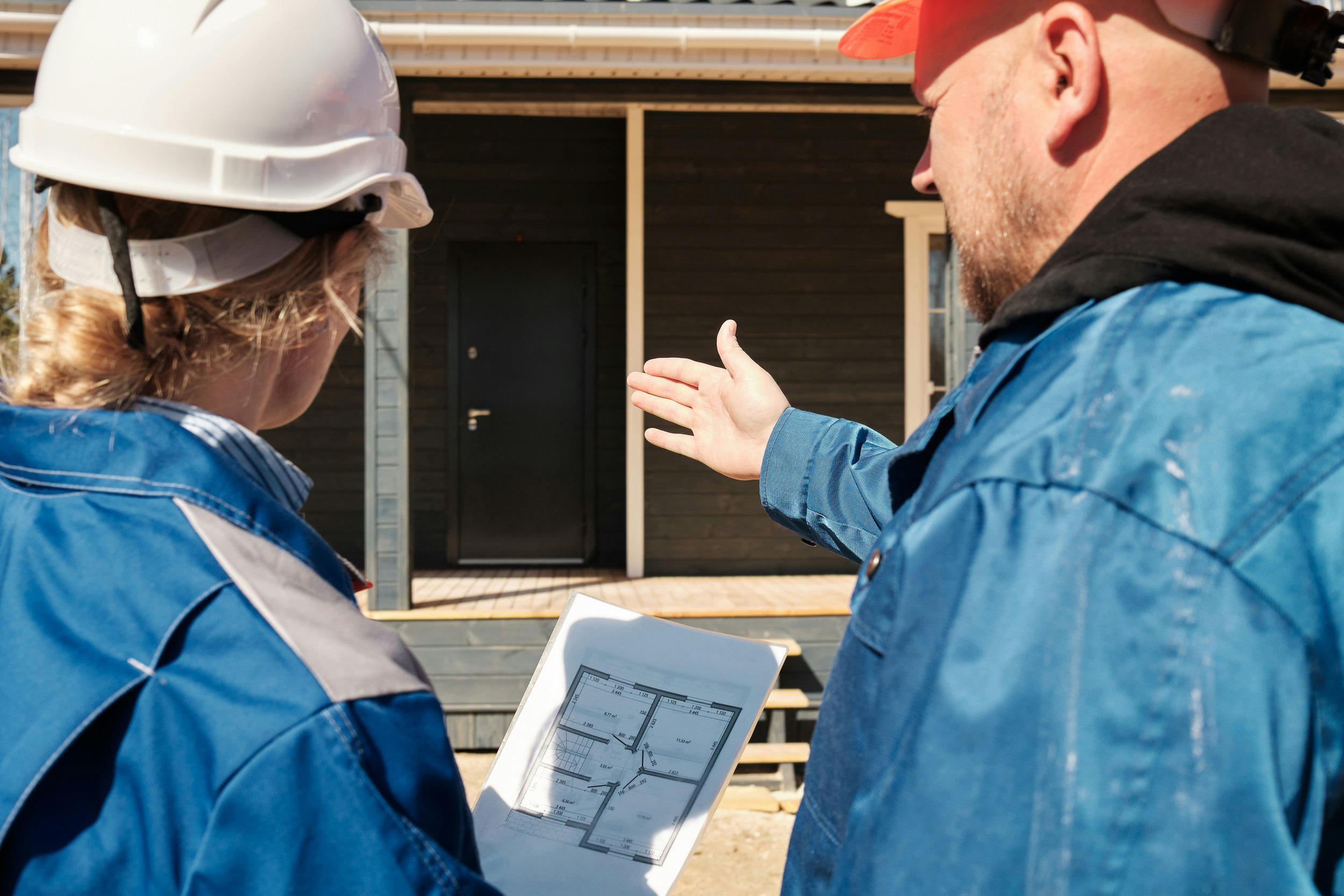What is a General Contractor Do: Key Roles and Responsibilities Explained
Discover what a general contractor does, including key roles, responsibilities, and how they manage construction projects from start to finish.
A general contractor plays a critical role in managing construction projects from beginning to end. They coordinate all aspects of the project, including hiring subcontractors, obtaining permits, and ensuring the work meets building codes. This oversight allows projects to stay on schedule and within budget while maintaining quality standards.
Their responsibilities go beyond simply supervising workers; general contractors handle materials, labor, equipment, and communication between all parties involved. Whether it’s a small renovation or a large commercial build, their expertise is essential to turning plans into finished structures.
Core Responsibilities of a General Contractor
A general contractor manages multiple critical tasks that keep a construction project on track. These duties involve organizing the project schedule, overseeing daily work, and ensuring the completed structure meets safety and quality standards.
Project Planning and Coordination
The general contractor begins by developing a detailed project plan that covers timelines, budget estimates, and resource allocation. They coordinate with architects, clients, and subcontractors to ensure everyone understands the scope and deadlines.
They obtain necessary permits and handle scheduling to prevent delays. Effective communication is key, so the contractor maintains constant contact between suppliers, workers, and stakeholders.
By managing contract negotiations and ordering materials, the general contractor ensures the project runs smoothly from initiation to completion.
Supervision of Construction Activities
During the construction phase, the general contractor oversees all on-site work. This includes managing subcontractors and tradespeople, ensuring tasks are completed as planned and on schedule.
They monitor progress daily and address any issues or changes quickly. The general contractor also enforces compliance with building codes and project specifications.
Regular site inspections are conducted to track quality and performance, and adjustments are made to avoid costly mistakes or misunderstandings.
Quality Control and Safety Management
A general contractor implements strict quality control measures to guarantee the work meets industry standards and client expectations. This involves routine inspections and testing of materials and craftsmanship.
Safety management is a high priority. The contractor enforces OSHA regulations and company safety policies to minimize accidents and health risks.
They conduct safety training and ensure proper use of protective equipment. Maintaining a safe, orderly site protects workers and prevents costly project interruptions.
Key Services Offered by General Contractors
General contractors coordinate multiple aspects of a construction project to ensure smooth operation and timely completion. Their involvement spans managing workers, securing materials, and controlling costs to keep the project aligned with goals and regulations.
Hiring and Managing Subcontractors
General contractors select and contract specialized subcontractors such as electricians, plumbers, and carpenters. They assess subcontractors’ qualifications, licenses, and past performance to ensure quality and reliability.
Once hired, the contractor oversees subcontractors’ schedules and work quality. They coordinate tasks to avoid delays and ensure compliance with project specifications and safety standards.
Communication is critical. The contractor acts as the central point of contact, resolving conflicts and facilitating cooperation among various trades to keep the project on track.
Procurement of Materials and Equipment
General contractors are responsible for sourcing materials and equipment necessary for the project. They evaluate suppliers based on cost, quality, availability, and delivery timelines.
They negotiate contracts and place orders to ensure materials arrive when needed, avoiding work stoppages. Contractors also verify that materials meet project standards and specifications.
Managing inventory and equipment rental falls under their scope as well. They track usage to control waste and maintain an efficient flow of resources throughout construction.
Budget Management
General contractors develop and monitor the project budget from start to finish. They provide accurate cost estimates and establish financial controls to prevent overruns.
Throughout the project, they track expenses for labor, materials, permits, and subcontractors. They identify potential cost issues early and adjust plans to maintain budget compliance.
In addition to controlling costs, they report budget status to clients regularly. This transparency helps stakeholders make informed decisions and approve necessary changes promptly.
Essential Skills and Qualifications
A general contractor must hold specific credentials, communicate clearly, and handle unexpected issues efficiently. Mastery in these areas ensures projects meet standards, timelines, and budgets while maintaining quality and safety.
Licensing and Certifications
General contractors need proper licensing, which varies by state or country but typically includes passing an exam and proving experience. Holding a valid license validates their ability to manage construction projects legally and safely.
Certifications like OSHA safety training or specialized credentials in project management add credibility and demonstrate up-to-date knowledge. Insurance and bonding are also critical to protect clients and contractors from financial risk.
Continuing education is often required to retain licenses. This keeps contractors informed about building codes, safety regulations, and industry advancements.
Communication and Leadership Abilities
Effective communication is essential for coordinating with clients, subcontractors, suppliers, and inspectors. A general contractor must clearly convey project goals, timelines, and changes to maintain alignment.
Leadership skills help motivate teams and resolve conflicts promptly. When tensions run high on construction sites—whether due to scheduling pressures, budget constraints, or safety concerns—contractors benefit from conflict resolution techniques. Resources like online de-escalation training for leaders and teams can equip contractors with strategies to manage workplace disputes before they escalate into costly project delays. A contractor who leads decisively can keep projects on track and ensure quality standards are met.
They also negotiate contracts and manage expectations, requiring strong interpersonal skills. Clear documentation and reporting prevent misunderstandings and support accountability throughout the project lifecycle.
Problem-Solving Expertise
Unexpected challenges arise frequently in construction projects. A general contractor must quickly assess situations and develop practical solutions to avoid delays or cost overruns.
They analyze risks, adjust plans, and find alternative resources or methods as needed. This flexibility minimizes disruptions while maintaining compliance with safety and building codes.
Being proactive about potential issues and having contingency plans contributes to smoother project execution. Problem-solving skills directly impact the contractor’s ability to deliver successful results under pressure.
Working with a General Contractor
Engaging a general contractor (GC) involves several key steps, from identifying the right candidate and formalizing agreements to maintaining communication throughout the project. Clear expectations and structured processes help ensure the work stays on schedule, on budget, and meets quality standards.
Process of Selecting a Contractor
Selecting a GC begins with research. Clients should evaluate contractors’ experience, licensing status, and reputation. Checking references and viewing past projects confirms their capability.
Requesting detailed bids is essential. These bids should include labor, materials, timeline estimates, and contingencies. Comparing bids helps identify fair pricing and value.
Interviewing potential candidates allows clients to assess communication skills and problem-solving approaches. A responsible GC will be transparent about possible challenges and solutions.
Verification of licenses and insurance protects clients legally and financially. This step avoids risks associated with unlicensed or uninsured contractors.
Contract Negotiation and Agreements
Contracts define the scope of work, budget, and timeline. They should be clear and detailed, leaving no room for ambiguity.
Key contract elements include payment schedules, milestones, change order procedures, and warranties. These provisions manage expectations and provide recourse in case of issues.
Clients must ensure clauses for dispute resolution and project termination are included. This helps address conflicts without escalating to litigation.
Reviewing contracts with a legal advisor is recommended. It ensures compliance with local laws and protects the client’s interests.
Ongoing Client Collaboration
A GC should provide regular updates on progress, delays, and expenses. Transparent communication builds trust and allows timely adjustments.
Clients are encouraged to participate in milestone inspections. This helps verify quality and adherence to specifications.
Effective collaboration requires responsiveness. Both parties should address questions or concerns quickly to avoid project slowdowns.
Documentation of all communications and changes maintains a clear project history. This record is valuable if disagreements arise later.
Conclusion
Understanding the role of a general contractor is essential when planning any construction project, as they serve as the central coordinators who ensure quality, safety, and timely completion. From project planning and subcontractor management to budget control and regulatory compliance, general contractors bring the expertise needed to navigate complex construction challenges. For property owners in the Seattle area seeking reliable construction management services, Up-struct LLC provides comprehensive general contracting solutions backed by industry experience and local market knowledge. Their commitment to quality workmanship and client collaboration makes them a trusted partner for residential and commercial projects throughout the greater Seattle region.

















